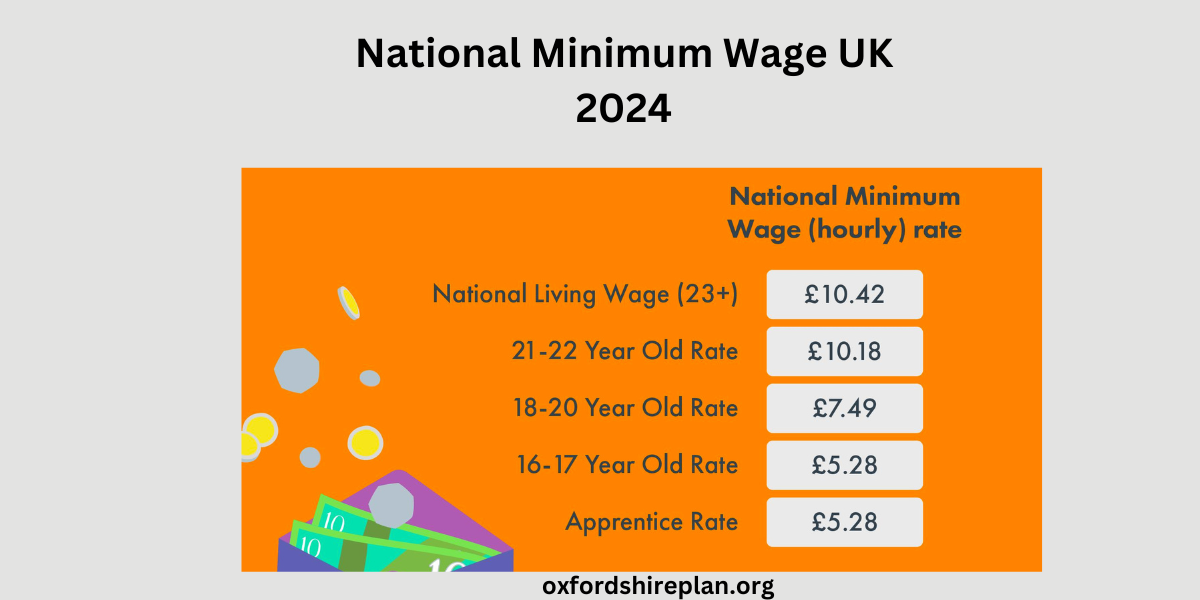Home care, also known as domiciliary care, is becoming a favoured choice over staying in care homes or hospitals.
It allows people with different health needs due to sickness, ongoing health problems, or aging to stay in their own homes for as long as they want or longer than before.
The amount and type of home care can vary. It depends on each person’s unique situation and what they need. Some people might need a lot of care for just a short time, while others might need a little bit of care for a long time.
Home care is not just for older adults. It is also for young children, people, and adults who need help, whether for a short time or forever.
The best thing about home care is that it happens in your own home. This means you do not have to stay in a hospital for a long time, and you can live in your own home for as long as you want, which was not always possible before home care became available.
Home care can be short-term or long-term for older adults. A caregiver might visit for just an hour or live with you all day and night.
This full-time care at home, called live-in care, is getting more popular for those who prefer to stay at home but like having someone there to help when needed.
Contents
- What does domiciliary care mean?
- What are some domiciliary care examples?
- What is the difference between home care and domiciliary care?
- Domiciliary care
- Live-in Care
- Where to get domiciliary care agencies?
- What is the difference between residential care and domiciliary care services?
- Home care or residential care? Which is better?
- What is the cost of domiciliary care?
- How do i pay for care costs?
- Pay for self care
- Pay with equity release.
- What do you understand by domiciliary care allowance?
- FAQs
- Read More
What does domiciliary care mean?
Domiciliary care, often referred to as home care, is a service that allows individuals with various care needs to remain in their own homes. Here are the key points about domiciliary care:
It involves a trained nurse or individual visiting your home to provide care, which can range from companionship and help with daily tasks to more intensive medical support.
The care is tailored to the individual’s needs, whether it is short-term for recovery or long-term for chronic conditions.
It enables people to stay in their familiar environment, maintaining their independence and community ties.
There are different types of domiciliary care available, including live-in care, where a carer stays with you 24/7, and specialist care for specific needs.
What are some domiciliary care examples?
Domiciliary care can encompass a wide range of services to support individuals in their own homes. Here are some examples:
- Companionship Care: This can be as simple as someone visiting for a chat, helping with shopping, cooking, and light cleaning.
- Housing Support: A carer may assist with tasks like opening mail, paying bills, and other activities to help maintain the home, which is especially beneficial for those with mental health conditions or learning disabilities.
- Care with Multiple Visits: Some agencies offer care that includes multiple visits per day, such as in the morning, midday, and before bed.
- Live-in Care: A trained carer moves into the home to provide care when needed, suitable if the care receiver typically sleeps through the night.
- 24-hour Care: For those who wake up frequently at night, a carer stays awake in the home to assist whenever needed.
- Nursing Domiciliary Care: Specialized nursing care for tasks like injections, changing dressings, assisting with oxygen, and other medical needs.
What is the difference between home care and domiciliary care?
Also known as “home care”, domiciliary care refers to a range of services provided to support an individual in their own home. A trained carer typically visits the individual for a few hours each day or as often as needed.
Domiciliary care
Services may include assistance with household tasks, personal care, and daily activities outside the home. Domiciliary care is available to people of all ages, genders, and walks of life.
Pros:
- Minimal disruption to the individual’s current lifestyle.
- Familiar and comfortable environment (as they remain in their own home).
- Improved mental health and a sense of independence.
- Often more affordable than full-time care homes or other assisted living solutions.
Cons:
- On-hand support is available when needed.
- Butterfly’s Care Group offers skilled and seasoned home care professionals who assist individuals wanting to stay in their homes, fostering self-reliance and enhancing their quality of life.
Live-in Care
Unlike domiciliary care, live-in care involves the carer living with the individual. It is suitable for people who require 24/7 1:1 support.
Pros:
- Allows the individual to retain independence while receiving continuous care.
- It enables couples who require care to stay together in a familiar setting.
- It is ideal for those uncomfortable with institutionalized environments.
- Often more cost-effective than residential care.
Cons:
- Generally more expensive than domiciliary care due to round-the-clock support.
Where to get domiciliary care agencies?
Domiciliary care providers can be arranged through either your local authority or private domiciliary care agencies. When selecting a provider, you’ll have the chance to meet the caregiver, receive a complete briefing on the services and expectations, and understand what care you’ll receive.
Keep in mind that local authority carers may be assigned randomly, so you might not always interact with the same person. Additionally, if you’re considering a care home, that’s another option to explore.
What is the difference between residential care and domiciliary care services?
In simple terms, domiciliary care services are offered within an individual’s home, while residential care involves permanent residence in a specialised facility dedicated to providing care.
It is really important to understand that residential homes and nursing homes serve different purposes. Nursing homes provide comprehensive care, while residential homes cater to those with conditions like early dementia or limited mobility, requiring less intensive support.
Home care or residential care? Which is better?
Choosing for domiciliary care services rather than residential care is a common choice because it enables individuals to remain in their own homes. This is particularly beneficial for older adults who are still in good health.
By selecting domiciliary care, people can preserve their independence and stay connected to their local community, often in close proximity to friends and family.
In the past, some individuals moved into residential homes or sheltered accommodations because home care options were limited. However, domiciliary care (also known as home care) has changed this situation, minimizing disruptions, distress, and feelings of insecurity.
There are additional benefits to domiciliary care. Financially, it can be more cost-effective than expensive residential care, as youonly pay for your own living expenses and meals. Moreover, family and friends may also contribute to caring for an individual, further reducing the overall cost of care.
What is the cost of domiciliary care?
Domiciliary care costs in the UK vary depending on where you live, the level of care needed, and the provider. On average, hourly rates range from £15 to £30.
Your local council might offer financial help based on your eligibility and financial situation. To learn more about funding options and costs in your area, reach out to your care providers directly or local council.
How do i pay for care costs?
There are various ways to pay for your care. The payment method and amount depend on factors like your location, savings, assets, and the care provider you select.
Even if you believe you can afford care currently, it is essential to claim all entitled benefits. When calculating your contribution to care costs, it is assumed that you receive all eligible benefits.
Domiciliary care shares some benefit systems with residential care, but there are also specialized funds and benefits for home care.
In summary, you have several options to consider:
Pay for self care
If you have enough money, you might be able to cover the cost of your domiciliary care (home care) on your own. Here are some things to think about:
- Long-Term Perspective: Domiciliary care might be necessary for an extended period. Consider future expenses and how long you will need care. The level and type of care could also change over time for instance, your health condition might worsen, requiring more frequent assistance.
- Using Your Resources: Since you’re paying for your care, you can sell assets or use savings to cover the costs if you choose to do so.
Pay with equity release.
If you have money but it is insufficient to cover your domiciliary care expenses currently and in the future, you can use benefits or a pension fund to assist with paying for your care.
Here are some key points:
- Disability Living Allowance: This scheme is for people aged 16-64.
- Attendance Allowance: Designed for those over 65.
- Guidance and Advice: Visit the gov.uk website or your local Citizens Advice Bureau for information on entitled benefits. Social key workers and charities can also assist with benefit applications.
You can rely solely on benefits if you do not have funds to pay for care. However, keep in mind that this might limit your choice of care providers.
What do you understand by domiciliary care allowance?
The domiciliary care allowance, sometimes known as the dom care allowance or domiciliary carer’s allowance, is a monetary support provided to individuals who look after someone with a disability or sickness in their own home. It recognizes the important contribution these caregivers make in enabling the person they support to remain in their own comfortable surroundings.
This allowance helps alleviate the financial burden of providing home-based care and supports those who dedicate their time to caring for loved ones. The amount of the allowance varies based on location and individual circumstances. If you qualify, it can provide essential support while allowing your loved one to receive care at home.
FAQs
What is Domiciliary Care
Domiciliary care means trained individuals or nurses coming to your home periodically to provide care, including companionship and assistance with daily tasks.
How Does It Differ from Home Care?
Home care refers to non-medical assistance, while domiciliary care includes both medical and non-medical services, allowing individuals to receive professional care at home.
Who Provides Domiciliary Care?
Domiciliary care providers can be arranged through local authorities or private agencies. They offer personalized support based on individual needs.
Why Choose Domiciliary Care?
It allows people to stay in their own homes, maintaining independence and community ties. It can be more cost-effective than residential care.
Read More
- Are you looking for guarantor loans? Try Drafty instead
- Who Were MyJar Loans?
- Garage Conversion : Where do I start?
- Rent to Buy scheme: How does it work?
- Some Discounts And Allowances News
- About 118118 loans
- Details On Bridging Loan Explained

I am a dedicated lifestyle and fashion enthusiast, always looking for the latest trends and timeless styles. With a flair for creativity and a passion for self-expression, I provide fresh insights and tips on elevating everyday living and personal style.
















